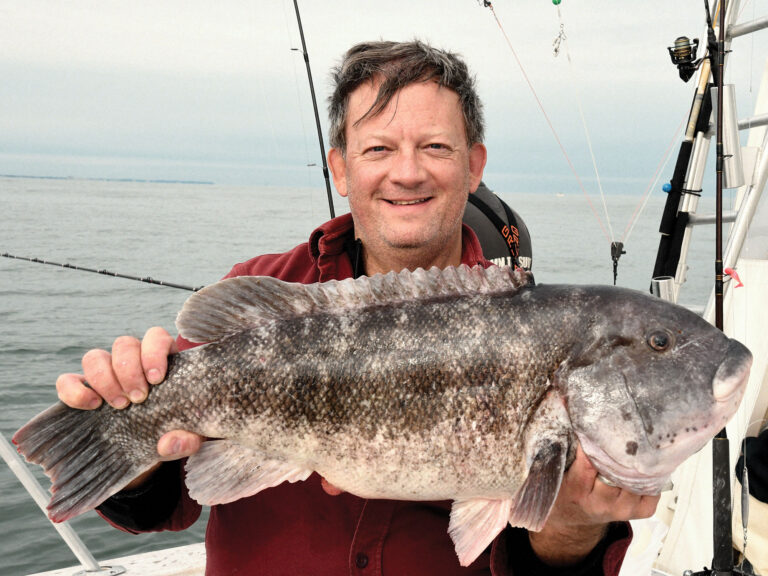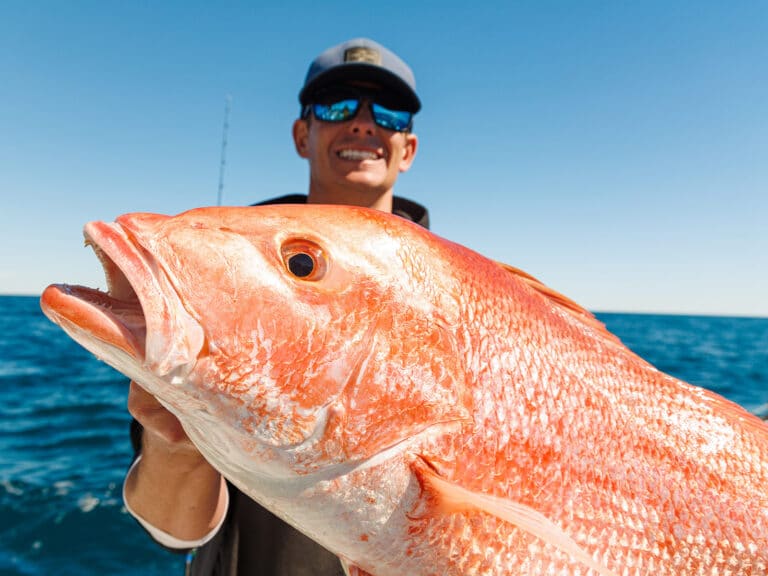In a rare act of nonpartisan cooperation this past September, the U.S. Senate passed an important conservation measure, the Billfish Conservation Act. I wrote about the act in an earlier editorial (“One for the Billfish,” October 2011) and expressed my hopes of seeing the bill passed by both houses of Congress. Perhaps miraculously, that has happened. The House passed the bill on a voice vote a few weeks before the Senate took it up, then the Senate followed suit. It now awaits President Obama’s signature, which will likely have occurred by the time you read this.
To refresh everyone’s memory, it has been illegal to import Atlantic-caught billfish into the U.S. for many years, but it has remained legal for fish caught in the Pacific Ocean to be sold in U.S. markets, and the U.S. is the world’s largest commercial importer of billfish. This continued importation, primarily of fish caught by foreign longline fleets, threatens the survival of these billfish.
The Billfish Conservation Act of 2011 was introduced into Congress on July 29 of this year, making its passage all the more remarkable because it came so fast, and when signed into law, it will close U.S. commercial markets to Pacific billfish, preventing their sale and importation (excluding Hawaii and the Pacific Insular Island Area). This means that the longline fleets plying Pacific waters south of the U.S. — including those from Ecuador, Costa Rica, Venezuela, Vietnam and other countries — can no longer sell billfish here.
Billfish will still be sold legally in Hawaii, and although the original bill prohibited Hawaiian-caught fish from being imported into the continental U.S., that prohibition was dropped when powerful Hawaiian politicians objected. It’s estimated that about 10 percent of billfish landed commercially in Hawaii get shipped to California, and that will legally continue.
But foreign fleets should not be able to ship billfish through Hawaii for importation to the States, and if you think about it, that couldn’t possibly make economic sense; the distances are simply too great. The reality of this bill’s passage is that many more billfish will be spared in the years to come.
Rep. Jeff Miller (R-Fla.) sponsored the House version of the act, while Sen. David Vitter (R-La.) sponsored the original bill in the Senate, and with the help of Sen. Bill Nelson (D-Fla.), worked diligently and successfully to get it passed. The International Game Fish Association and the National Coalition for Marine Conservation were the key supporters of this legislation, and were justifiably jubilant when it passed.
“Our congressional champions — especially Sen. David Vitter, Sen. Bill Nelson and Rep. Jeff Miller — are absolute heroes to recreational anglers,” said Rob Kramer, president of the IGFA. “In addition, the leadership and members of the Congressional Sportsmen’s Caucus have been a uniting and driving force toward enactment of this important legislation since day one. The Billfish Conservation Act will help turn the tide on rapidly declining stocks of sailfish, marlin and spearfish. This is great news for recreational anglers and for people working in tourism, sport fishing and marine businesses.”
“The U.S. already has the world’s strongest conservation measures in place for billfish, the lions and tigers of the sea,” added Ken Hinman, president of the NCMC. “This legislation will help us seek similar measures internationally, where commercial overfishing has severely depleted populations of these magnificent ocean giants.”
Other organizations playing a key role in the passage of the act include the American Sportfishing Association, the Center for Coastal Conservation, the Coastal Conservation Association, the Congressional Sportsmen’s Foundation, the Guy Harvey Ocean Foundation, Keep America Fishing and the National Marine Manufacturers Association.
Critics of the act point to the Hawaii loophole as a major flaw, and it’s true that the act would be much stronger with an ironclad prohibition on billfish sale within the U.S. But there’s no doubt whatsoever that fewer billfish will be killed commercially because of this measure, and in my mind, that’s nothing but good news.









